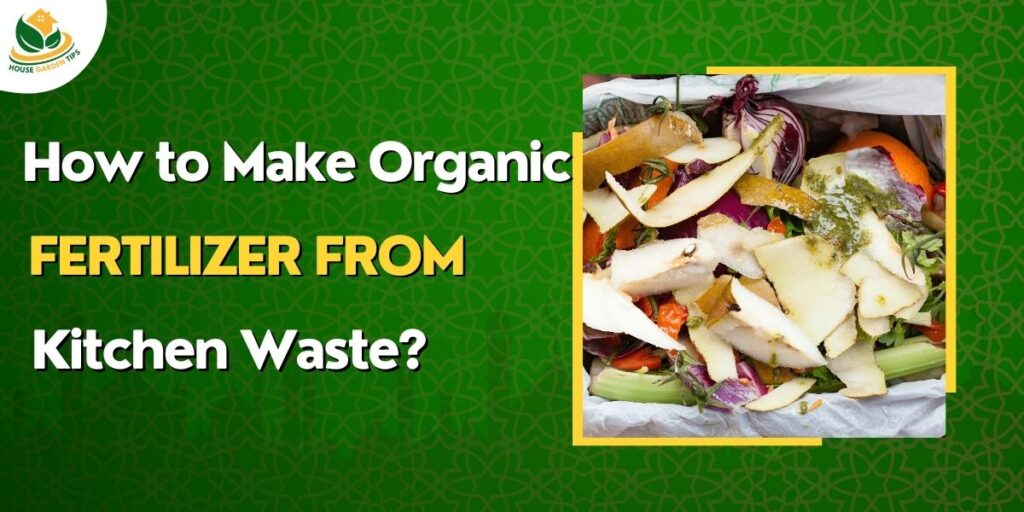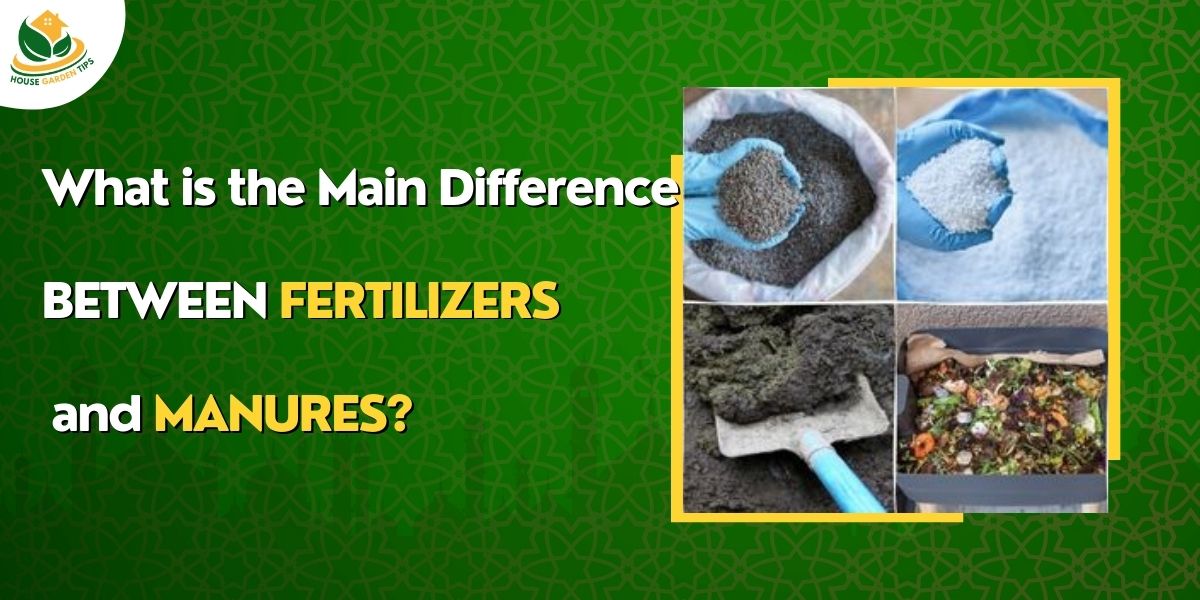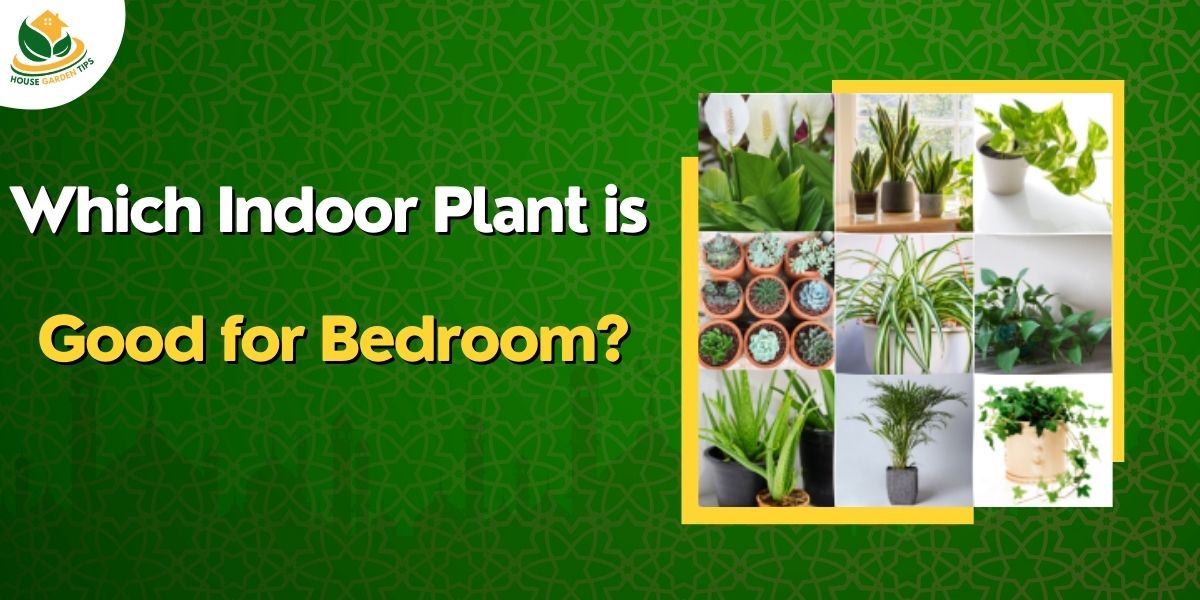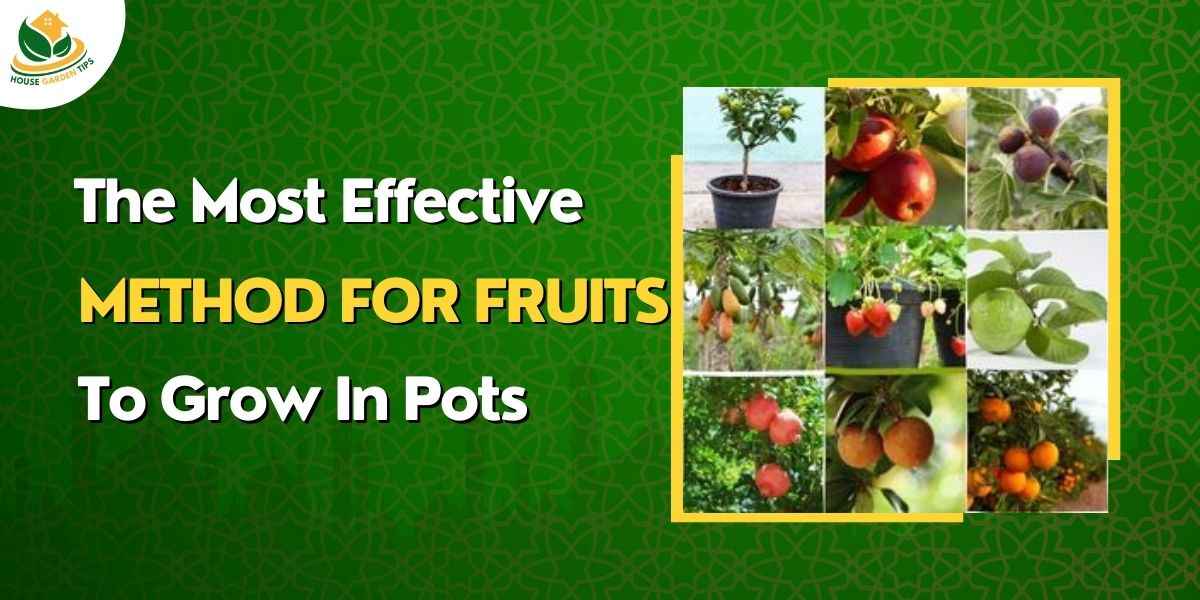Table of Contents
How To Make Fertilizer From Kitchen Waste like fruit and vegetable peel using a compost bin?
Transform kitchen waste into powerful fertilizer by collecting food remnants, fruit peelings, and vegetable scraps. Combine in a compost bin, adding water. Wait a day, or accelerate with sawdust, fostering nutrient-rich compost for vibrant gardens.
What are Fertilizers?
The substances that may be chemical or natural, added to the soil to provide essential nutrients and improve the soil fertility to get good yields.
What are Organic Fertilizers?
Organic fertilizers are natural, got from plants and livestock manure. Organic fertilizers are biodegradable, environment friendly and sustainable. They retain the natural qualities of the soil, give good yields and chemical free products.
Can we make compost from our Kitchen waste?
Yes! We can!. That too with the kitchen wastes which we use to drop in the garbage bin!
“Waste isn’t waste, until we waste it”
Yes! There is nothing that can be called as a waste. Smart people will bring the best even from the food waste! They do waste management by effective and eco friendly way of disposing their leftovers and other food waste!
You can make compost from the organic wastes in your kitchen such as leftover waste food, vegetable & fruit peels, used tea powder, coffee grounds, food scrap and egg shells by proper composting. You can get zero cost nutrient-rich fertilizer on your own!
The following things are required to make the food waste in your kitchen into organic fertilizers.
Requirements:
Microbes play a crucial role in composting. They help to decompose the waste. Composting means growing microbes by giving required moisture, cool temperature and air circulation for their growth.
1. Plastic drum or bucket with lid
2. Kitchen wastes like vegetables, fruit peels , dry flowers and egg shells.
3. Dry leaves
4. Garden soil
5. Buttermilk/ curd diluted in water
Steps:
- Take a plastic drum or even an old paint bucket and make a few holes around all sides of the drum to make air circulation.
- Put some garden soil into the drum.
- Put one layer of kitchen waste into the drum. Cut the vegetable & fruits peels into small pieces and crush the egg shells into small pieces to make the composting fast.
- Add an equal amount of dry leaves as the next layer.(Add more dry leaves if you add watery vegetable wastes).
- Sprinkle 4-5 spoons of buttermilk or curd diluted in water.
- Stir the contents.
- Place the drum in a cool place. It may be under a tree shade or under the stair case area.
Start collecting the kitchen waste along with dry leaves and don’t forget to stir the contents at least once in a day.
You will get the black gold – “ Homemade Organic Fertilizer” for your organic garden within 6-8 weeks time!
Things to avoid for better composting
- Do not add citrus fruit peels like lemon and orange. It will harm the growth of microbes.
- Do not add meat and fish wastes as it will delay the composting.
- Do not add any oily food waste.
- Do not place the compost drum in your terrace under direct sunlight.
- Do not forget to close the drum with a lid to avoid insects, bees and keep away from rain water.
How to make the composting fast?
- Compost needs the right mixer of green wastes(Kitchen wastes) & Brown wastes(Dry grass clippings ) in equal proportions for fast composting. So keep adding equal amounts of green and brown wastes.
- Add some old compost which already have microbes that will help fast composting.
- Collect the kitchen wastes only to the 3/4th level of the drum, keep the drum separate and start collecting in another drum.
- Add some natural waste like cow dung diluted in water into the drum.
- Keep the balanced moisture level. If you find the wastes are so wet, add dry leaves to make it balanced. If you find it in dry condition, spray some water.
- Don’t forget to stir the content everyday.
- Add buttermilk to the content once a week.
The above tips may help you to speed up the composting process.
FAQ:
1. How do we avoid the bad smell from the compost drum?
It is because of the wet condition of the compost drum. Add some coconut fiber or cocopeat and maintain the moisture level. You can add some char coals in the drum to avoid bad smells.
2. Why should we put holes in the drum? Should we put holes on the lid too?
To provide good air circulation for microbes growth, we should put holes around the drum. But we should not put holes on the lid, it will allow rain water into it.
3. Is there any alternate for dry leaves?
You can use washed and dried coco peat instead of dry leaves or you can even use coconut fiber or cardboard box – cut into small pieces. You can use onion /garlic peels got from the nearby grocery/Vegetable shop.
4. How can we get ride of the bees, insects and other worms?
You can add some powdered neem oil cakes for bee and insect control. Proper covering with lid will also help to control bees.
5. Can we use earthworms for fast composting?
No need to use. Because all earthworms are not composting worms that help composting. Proper maintenance of the compost drum itself will lead to fast composting. A correct moisture level , cool place, good air circulations and regular stirring the drum will do it.
Giving fertilizers to your plants is equal to feeding your child with nutrient rich food. Composting is just like making a good recipe with the right ingredients in the right proportions!
Make organic fertilizer from your kitchen waste, feed your plants and enjoy gardening!







